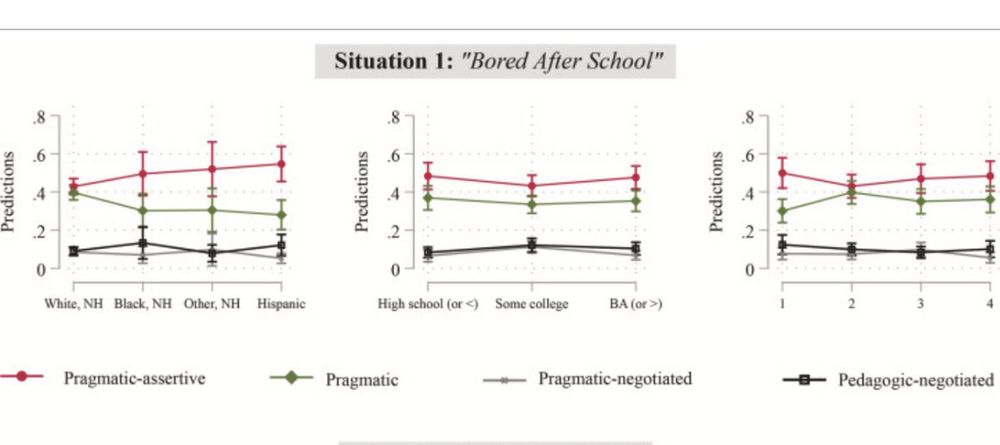
https://ophastings.com
doi.org/10.31235/osf...

doi.org/10.31235/osf...




sociology.colostate.edu/news/meet-ca...
sociology.colostate.edu/news/meet-ca...

So take that… someone.

So take that… someone.

Feedback welcome!🤗
@socarxiv.bsky.social #sociology
Feedback welcome!🤗
@socarxiv.bsky.social #sociology










and I teamed up in week 2 and started this project. 3 years later, it's published! Along the way, we got tons of helpful advice and feedback. Thank you, everyone (even the anonymous reviewers, truly!)

and I teamed up in week 2 and started this project. 3 years later, it's published! Along the way, we got tons of helpful advice and feedback. Thank you, everyone (even the anonymous reviewers, truly!)
